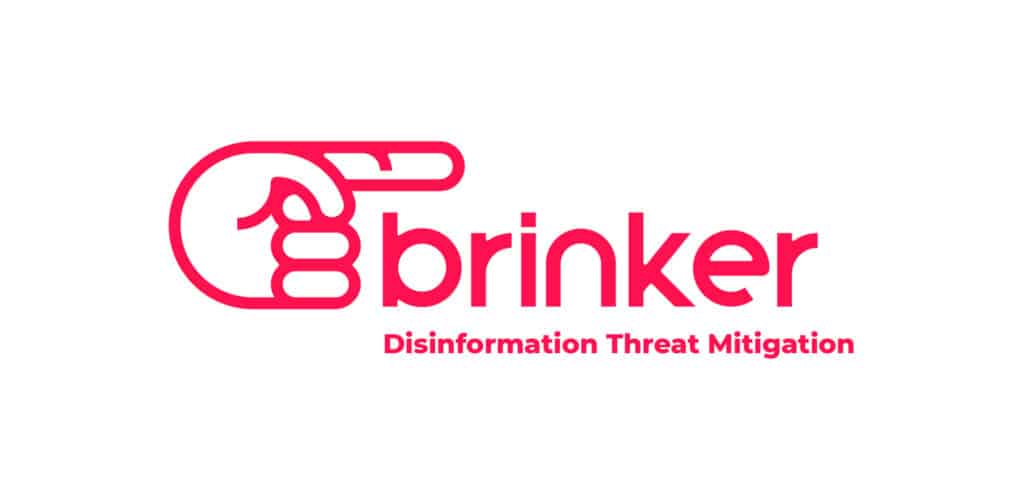The data on exactly how many Internet of Things devices will be online by the end of the decade is a matter of debate. Cisco famously put the number at 50 billion by 2020, though Morgan Stanley thinks it could be as high as 75 billion. The analyst firm IDC estimates the number at 50 billion. But others have put the number lower. Gartner puts the number of connected things at around 30 billion by 2020. We might all be better off taking a cue from McDonald’s and just start using the phrase “billions and billions” by the end of the decade. As with McDonald’s hamburgers – the exact number doesn’t really matter, so long as everyone agrees that it’s going to be big. Really big. But all those devices – and the near-limitless IPV6 address space that will accommodate them – do present a management and governance problem: how […]
Tag: Facebook
Obama Administration: Speak Up On Trusted ID Plans!
The Obama Administration is throwing its weight behind two federal efforts to increase the use of so-called “trusted identities” online as a way to combat consumer fraud and threats to critical infrastructure. Writing on the White House blog on Monday, Michael Daniel, the Obama Administration’s cyber security coordinator said that the current system for managing online identities (user IDs and passwords) is “hopelessly broken,” and that the stakes are getting ever higher for breaches. “While today it might be a social media website, tomorrow it could be your bank, health services providers, or even public utilities,” he wrote. Daniel said two federal initiatives aim to tip the scales in the direction of stronger and more secure online identities, but that more public engagement is needed to ensure that what is produced by those projects gets adopted. Specifically: Daniel highlighted two NIST-led efforts: the National Strategy for Trusted Identities in Cyberspace (NSTIC), […]
Two Million Passwords Stolen From Facebook, Twitter, ADP
The passwords to access more than two million online accounts have been recovered from a server that is part of the command and control network for the Pony botnet, a large and active network of infected computers, according to a blog post from the security firm Trustwave. The company said that it found a cache of approximately two million compromised accounts, most from popular online services such as Facebook, Yahoo, Google and Twitter. More concerning: the cache also contained tens of thousands of credentials for FTP (File Transfer Protocol) servers, remote desktop and secure shell (SSH) accounts, and a site belonging to ADP, the payments processing firm. Facebook accounts made up the lion’s share of the haul, with 318,121 user credentials discovered – 57% of the total. Yahoo was the next biggest victim, with 59,549, almost 11% of the total. Leading Russian social networking sites vk.com and odnoklassniki.ru were also in […]
Supply Chain Transparency Doesn’t Extend To Security
We live in an ever-more unstable world in which massive disruptions, whether natural or man-made, are a frequent occurrence. Companies that make everything from aircraft to mobile phones to cappuccino need to be nimble – sidestepping global calamities that might idle assembly lines or leave customers without their morning cup of coffee. As in other areas, the benefits of technology advancements like cheap, cloud based computing, remote sensors and mobility are transforming the way that companies manage their vast, global network of suppliers. These days, supply chain transparency is all the rage – allowing companies to share information seamlessly and in realtime with their downstream business partners and suppliers. Firms like the start-ups Sourcemap, and LlamaSoft are offering “supply chain visualization” technology that leverages a familiar formula these days: mobility, social networking, crowd-sourced intelligence, and “Big Data” analytics. [There’s more to read about supply chain security on The Security Ledger.] However, as […]
At MIT Conference, Warnings of Big Data Fundamentalism
A senior Microsoft researcher issued a stern warning about the negative consequences of the current mania for data harvesting saying that a kind of “fundamentalism” was emerging regarding the utility of what’s been termed “Big Data” that could easily lead to a Orwellian future of ubiquitous surveillance and diminished freedom. Speaking to an audience of around 300 technology industry luminaries at the Massachusetts Institute of Technology’s annual Emerging Technology (EMTECH) conference, Kate Crawford, a Principal Researcher at Microsoft Research in Boston said that the technology industry’s fetish for “Big Data” had blinded it to the limits of analytics, and the privacy implications of wholesale data harvesting. The Massachusetts Institute of Technology’s (MIT’s) annual Emerging Technologies (EMTECH) conference, a high-gloss event that throws entrepreneurs, venture capitalists and academics together to talk ‘big ideas’ on TED-inspired sets. Crawford’s speech, coming on the heels of a talk about transforming healthcare with big data […]






